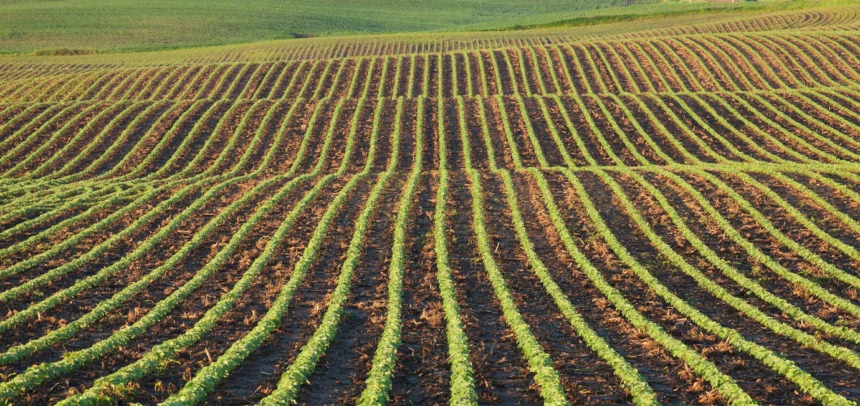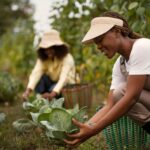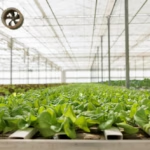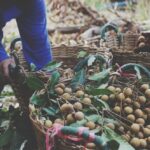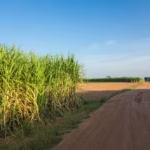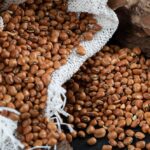Climate change is one of the most pressing challenges facing agriculture in South Africa today. With increasing temperatures, shifting rainfall patterns, and more frequent extreme weather events, the country’s farming sector is under growing pressure. Agriculture is not only vital to South Africa’s economy—it is also the backbone of food security, rural employment, and export earnings. Understanding the impact of climate change on South African agriculture is critical for developing strategies that ensure long-term sustainability and resilience.
Rising temperatures and heat stress
South Africa has experienced a steady increase in average temperatures over the past decades, and projections suggest this trend will continue. Higher temperatures have a direct impact on crop yields, livestock health, and water availability.
Crops such as maize, wheat, and sugarcane are particularly vulnerable to heat stress during flowering and grain-filling stages. In livestock farming, extreme heat reduces feed intake, fertility rates, and milk production, especially in cattle and poultry. For many farmers, adapting to these changes involves switching to heat-tolerant crop varieties and improving shade and ventilation for animals.
Changing rainfall patterns and water scarcity
Rainfall in South Africa has become more erratic, with some areas experiencing prolonged droughts while others face flash floods. This variability disrupts planting and harvesting cycles, affects irrigation planning, and reduces the reliability of water supplies from rivers and dams.
Water scarcity is especially severe in the Western Cape and parts of the Northern Cape, where fruit and wine production are major economic drivers. Reduced water availability also affects smallholder farmers who rely on rain-fed agriculture and lack access to advanced irrigation systems.
To cope, many farmers are investing in water-efficient technologies such as drip irrigation, rainwater harvesting, and soil moisture monitoring. However, these solutions are often costly and out of reach for low-income farmers.
Increased pest and disease outbreaks
As temperatures rise and rainfall patterns shift, pests and diseases that were once confined to specific regions are spreading to new areas. Warmer winters allow certain pests to survive longer, while changes in humidity and temperature create favourable conditions for fungal and bacterial outbreaks.
For example, the fall armyworm—previously limited to warmer tropical climates—has now become a threat to South African maize fields. Similarly, fruit and vegetable farmers face rising incidences of root rot, leaf spot, and viral diseases that thrive under climate-induced stress.
Integrated pest management and climate-informed disease monitoring are becoming essential tools for farmers to manage these threats without excessive chemical use.
Soil degradation and erosion
Extreme weather events, such as heavy rainfall and high winds, contribute to soil erosion and land degradation. At the same time, drought conditions reduce organic matter in the soil and weaken its structure, making it less fertile and more vulnerable to erosion.
In dryland farming regions like the Eastern Cape and Limpopo, soil degradation limits crop production and reduces resilience to future climate shocks. To combat this, farmers are encouraged to adopt conservation agriculture practices such as minimum tillage, cover cropping, and organic soil amendments.
Impact on food security and rural livelihoods
The ripple effects of climate change on agriculture are felt throughout the food system. Reduced yields, lower quality produce, and higher production costs contribute to rising food prices and increased vulnerability among poor households.
Small-scale and subsistence farmers are particularly at risk, as they have limited access to credit, insurance, and climate-smart technologies. For many rural communities, farming is the primary source of income and nutrition—making them more exposed to climate-related disruptions.
Government support, infrastructure development, and access to climate-resilient inputs are vital to protect livelihoods and ensure food security in the face of changing climate conditions.
Policy response and adaptation strategies
South Africa’s government has recognised the threat posed by climate change and is taking steps to address it. Key strategies include:
- The National Climate Change Adaptation Strategy (NCCAS)
- Support for climate-smart agriculture and sustainable land use
- Investment in research and development of drought- and heat-tolerant crops
- Early warning systems and climate information services for farmers
- Expansion of agricultural insurance and financial risk protection
Collaborations between government, the private sector, NGOs, and farming communities are essential to implement these strategies effectively and at scale.
The impact of climate change on South African agriculture is complex and far-reaching, affecting everything from crop productivity and water availability to rural incomes and food prices. While the challenges are significant, so too are the opportunities to build a more resilient, efficient, and sustainable agricultural system. By investing in innovation, supporting farmers, and embracing climate-smart practices, South Africa can safeguard its food future in a warming world.

